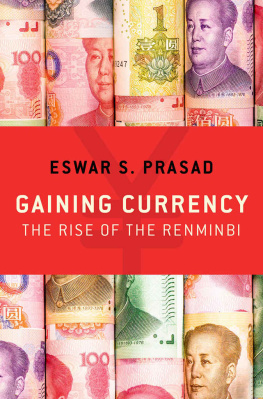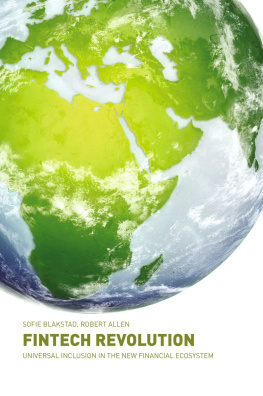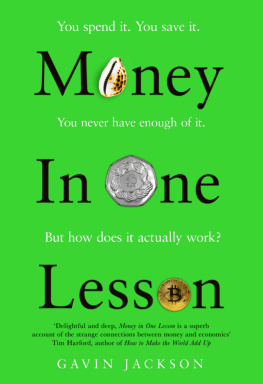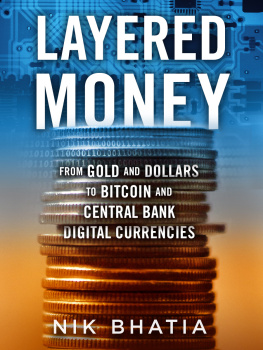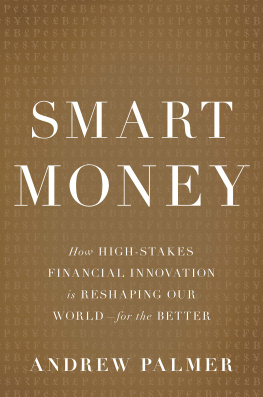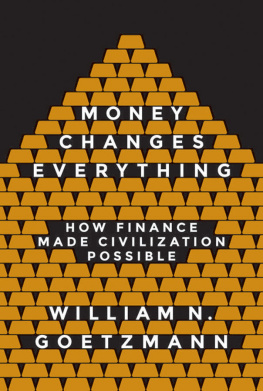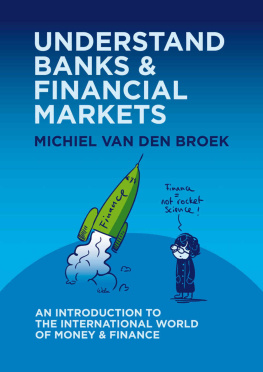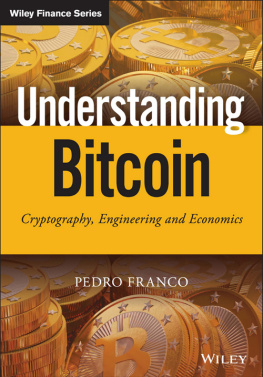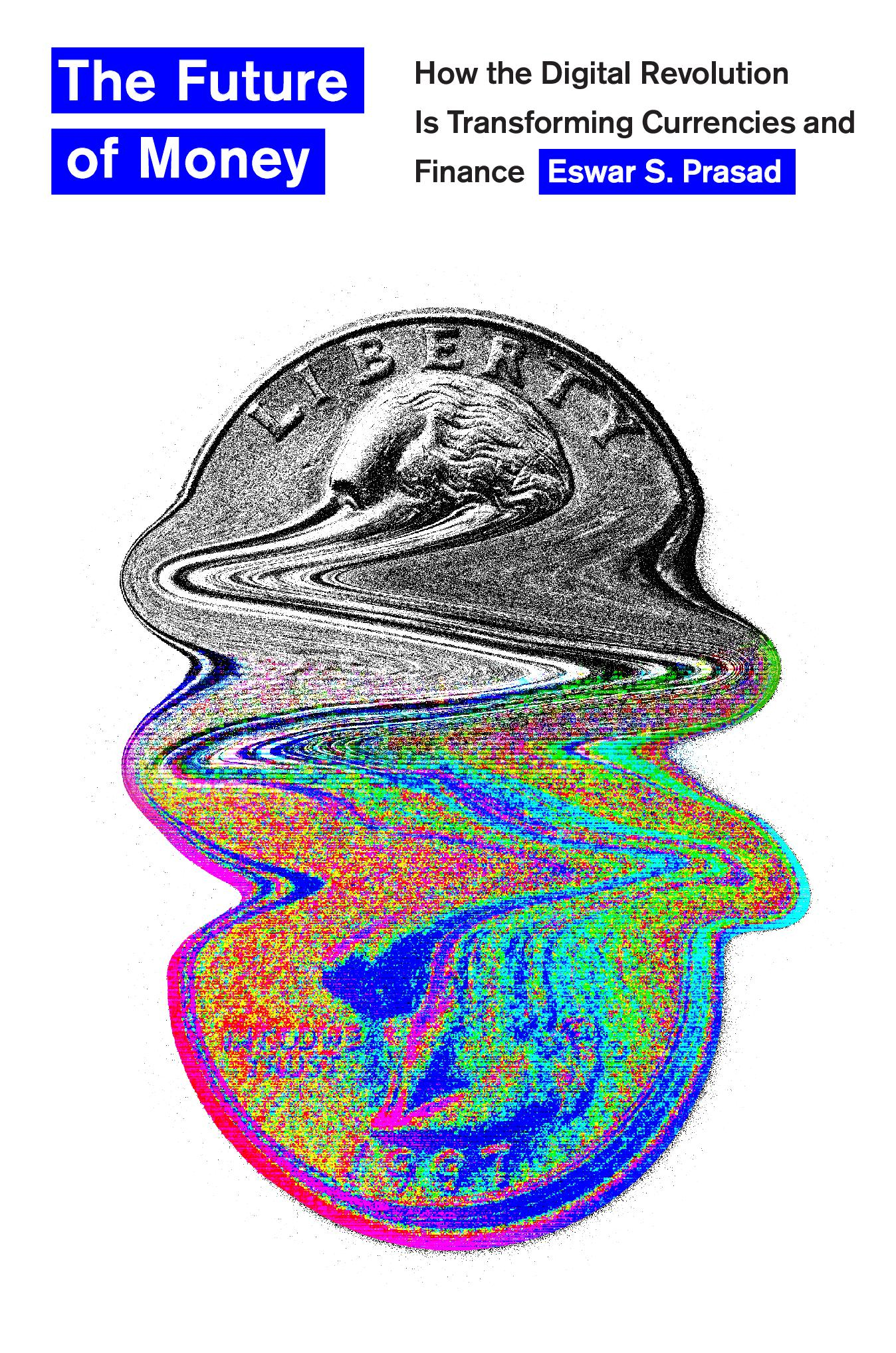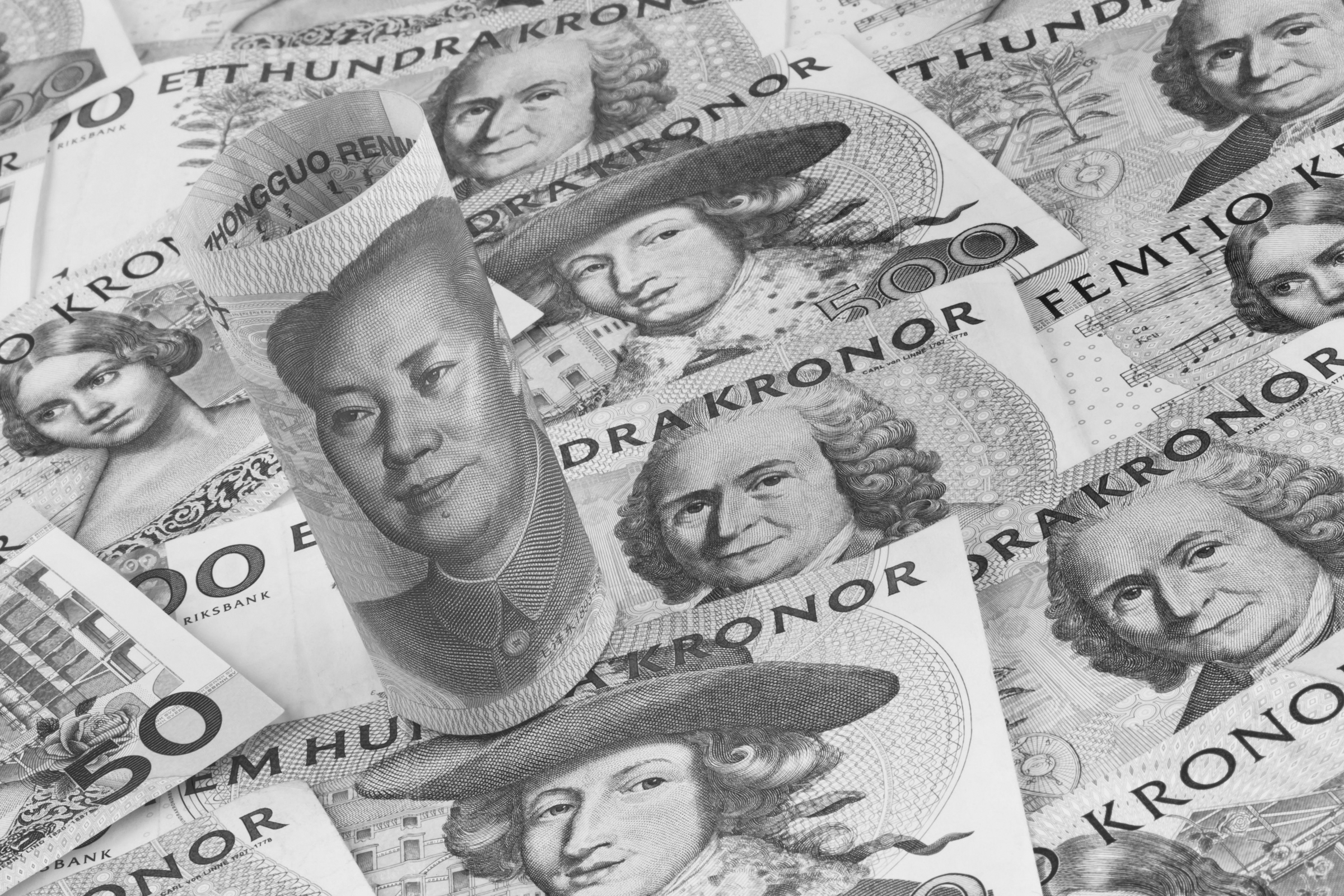Eswar S. Prasad - The Future of Money: How the Digital Revolution Is Transforming Currencies and Finance
Here you can read online Eswar S. Prasad - The Future of Money: How the Digital Revolution Is Transforming Currencies and Finance full text of the book (entire story) in english for free. Download pdf and epub, get meaning, cover and reviews about this ebook. year: 2021, publisher: Belknap Press: An Imprint of Harvard University Press, genre: Romance novel. Description of the work, (preface) as well as reviews are available. Best literature library LitArk.com created for fans of good reading and offers a wide selection of genres:
Romance novel
Science fiction
Adventure
Detective
Science
History
Home and family
Prose
Art
Politics
Computer
Non-fiction
Religion
Business
Children
Humor
Choose a favorite category and find really read worthwhile books. Enjoy immersion in the world of imagination, feel the emotions of the characters or learn something new for yourself, make an fascinating discovery.

- Book:The Future of Money: How the Digital Revolution Is Transforming Currencies and Finance
- Author:
- Publisher:Belknap Press: An Imprint of Harvard University Press
- Genre:
- Year:2021
- Rating:4 / 5
- Favourites:Add to favourites
- Your mark:
The Future of Money: How the Digital Revolution Is Transforming Currencies and Finance: summary, description and annotation
We offer to read an annotation, description, summary or preface (depends on what the author of the book "The Future of Money: How the Digital Revolution Is Transforming Currencies and Finance" wrote himself). If you haven't found the necessary information about the book — write in the comments, we will try to find it.
A cutting-edge look at how accelerating financial change, from the end of cash to the rise of cryptocurrencies, will transform economies for better and worse.
We think weve seen financial innovation. We bank from laptops and buy coffee with the wave of a phone. But these are minor miracles compared with the dizzying experiments now underway around the globe, as businesses and governments alike embrace the possibilities of new financial technologies. As Eswar Prasad explains, the world of finance is at the threshold of major disruption that will affect corporations, bankers, states, and indeed all of us. The transformation of money will fundamentally rewrite how ordinary people live.
Above all, Prasad foresees the end of physical cash. The driving force wont be phones or credit cards but rather central banks, spurred by the emergence of cryptocurrencies to develop their own, more stable digital currencies. Meanwhile, cryptocurrencies themselves will evolve unpredictably as global corporations like Facebook and Amazon join the game. The changes will be accompanied by snowballing innovations that are reshaping finance and have already begun to revolutionize how we invest, trade, insure, and manage risk.
Prasad shows how these and other changes will redefine the very concept of money, unbundling its traditional functions as a unit of account, medium of exchange, and store of value. The promise lies in greater efficiency and flexibility, increased sensitivity to the needs of diverse consumers, and improved market access for the unbanked. The risk is instability, lack of accountability, and erosion of privacy. A lucid, visionary work, The Future of Money shows how to maximize the best and guard against the worst of what is to come.
Eswar S. Prasad: author's other books
Who wrote The Future of Money: How the Digital Revolution Is Transforming Currencies and Finance? Find out the surname, the name of the author of the book and a list of all author's works by series.

